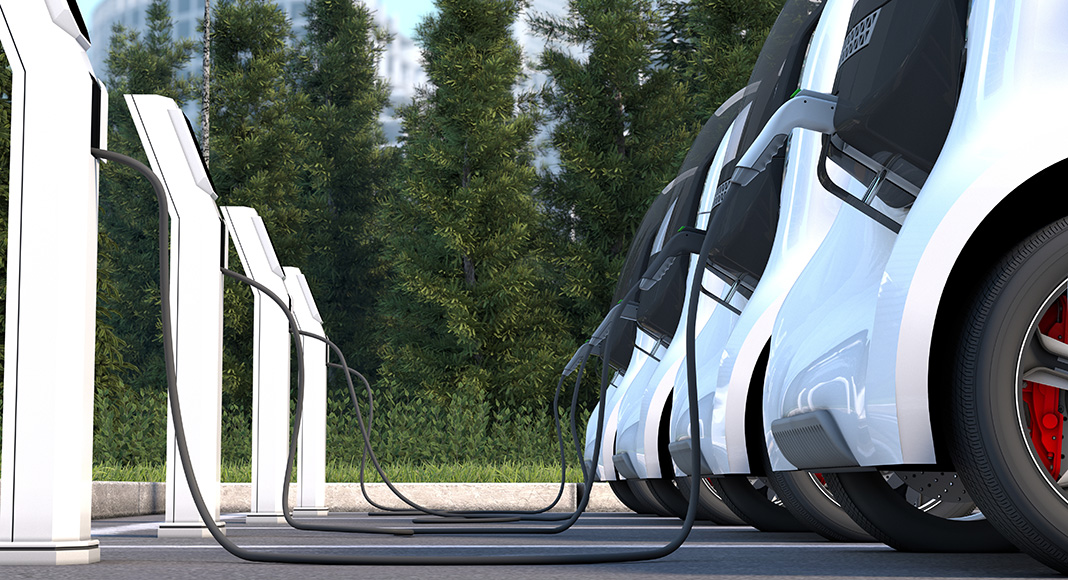The American Transportation Research Institute (ATRI) has released a new report that assesses the infrastructure requirements for converting the US vehicle fleet to battery electric.
The study looks at three critical challenges for nationwide vehicle electrification US electricity supply and demand, electric vehicle production and truck charging requirements.
The study found that full electrification of the US vehicle fleet would require a large percentage of the country’s present electricity generation. Domestic long-haul trucking would use more than ten percent of the electricity generated in the country today – while an all-electric US vehicle fleet would use more than 40 percent.
ATRI’s analysis also quantified the tens of millions of tons of cobalt, graphite, lithium and nickel that would be needed to replace the existing US vehicle fleet with battery electric vehicles (BEV), placing high demand on raw materials.
Finally, it was found that charging the nation’s long-haul truck fleet would also prove challenging, current technology would necessitate more chargers than there are truck parking spaces in the US, with hardware and installation costs of $112,000 per unit, or more than $35 billion system-wide.
“Carbon-emissions reduction is clearly a top priority of the US trucking industry, and feasible alternatives to internal combustion engines must be identified,” said Srikanth Padmanabhan, President, Engine Business, Cummins Inc.
“ATRI’s research demonstrates that vehicle electrification in the US will be a daunting task that goes well beyond the trucking industry – utilities, truck parking facilities and the vehicle production supply chain are critical to addressing the challenges identified in this research. Thus, the market will require a variety of decarbonization solutions and other powertrain technologies alongside battery electric.”
A copy of the full report is available on the ATRI’s website.



















